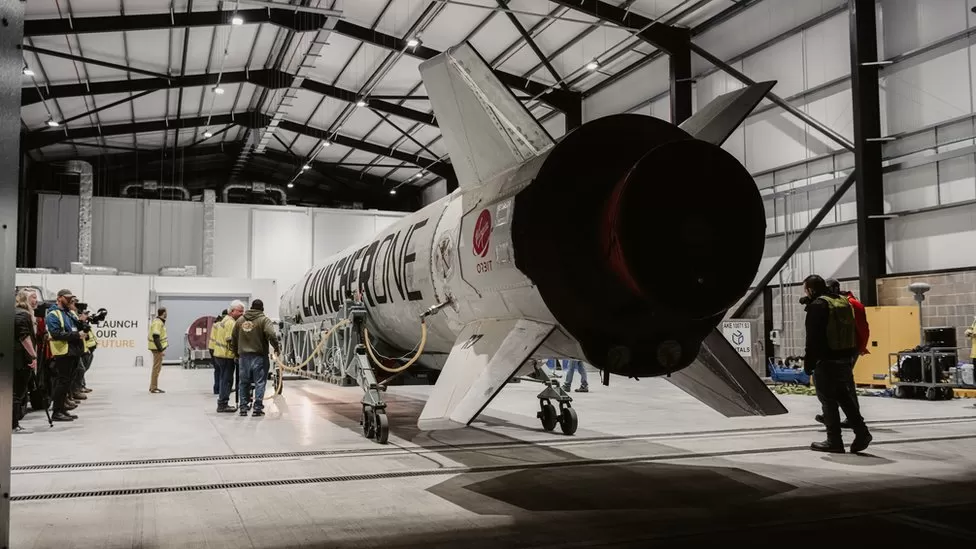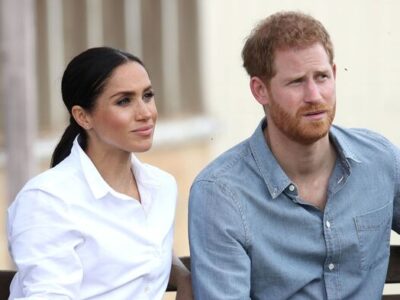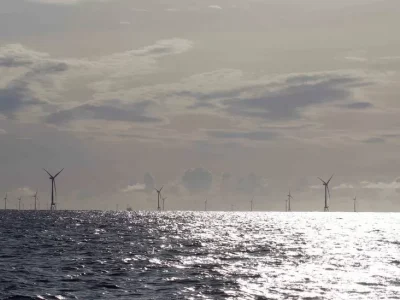The first-ever satellite mission from the UK failed to launch last month because a rocket fuel filter had become dislodged, Virgin Orbit says. A rocket engine overheated in turn, leading to the loss of the rocket and satellites it was carrying. Virgin Orbit sent up a jumbo jet carrying the rocket from Cornwall on 9 January. The aircraft returned safely. CEO Dan Hart said the company would “proceed cautiously towards the launch” of its next rocket.

“The data is indicating that, from the beginning of the second stage first burn, a fuel filter within the fuel feedline had been dislodged from its normal position,” Virgin Orbit tweeted. “Additional data shows that the fuel pump that is downstream of the filter operating at a degraded efficiency level, resulting in the Newton 4 engine being starved for fuel. Performing in this anomalous manner resulted in the engine operating at a significantly higher than-rated engine temperature.
“The early thrust termination ended the mission, and the second stage and its payloads fell back to Earth, landing in the approved safety corridor in the Atlantic Ocean.” At the time, Virgin Orbit said its Launcher One rocket – launched from the Boeing 747 aircraft Cosmic Girl – had reached space but had fallen short of reaching its target orbit. The mission had been billed as a milestone for UK space, marking the birth of a home-grown launch industry. The ambition is to turn the country into a global player – from manufacturing satellites to building rockets and creating new spaceports.

The launch attracted an enthusiastic crowd, with more than 2,000 spectators and VIPs gathering at Cornwall Newquay Airport to watch. Mr Hart said: “Intense disappointment gets quickly channelled into the motivation to dig into the cause, to understand all contributing elements and to thereby get back to flight with a better system and a wiser team.” He added that the investigation into the rocket failure was ongoing. Virgin Orbit is headquartered in Long Beach, California, but was founded by British entrepreneur Sir Richard Branson.
![]()





